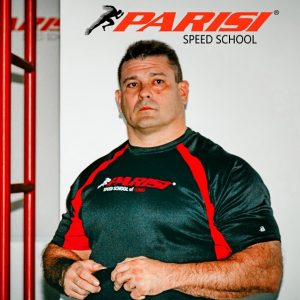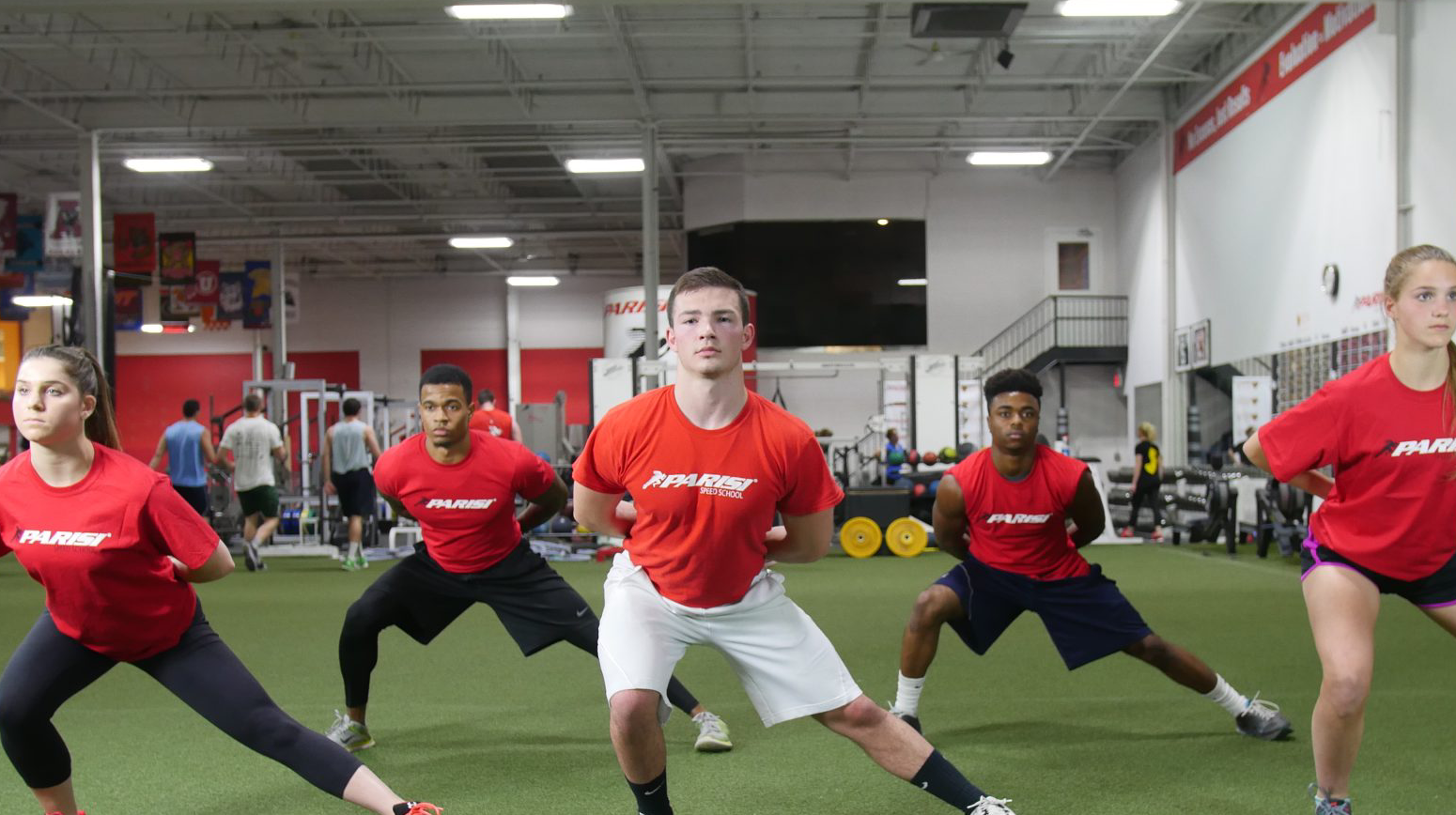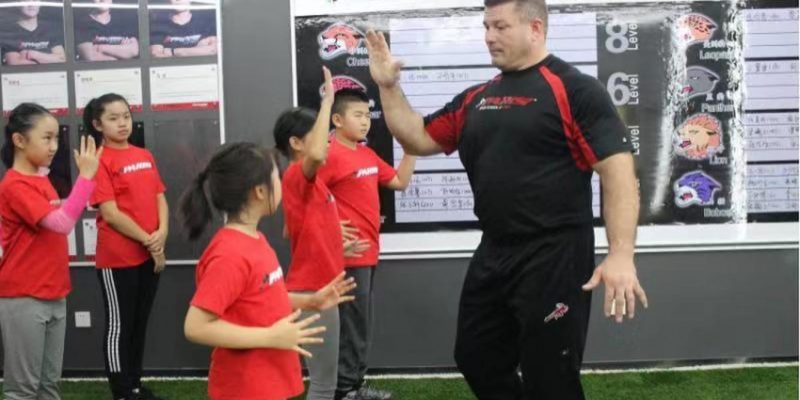Coaches in many ways are like parents. Many of the attributes that make a great parent also make a great coach. The love our athletes have for us and the love we show our athletes turn those relationships into lifelong endeavors.
1. Benevolence
A coach must care about his or her athletes. The coach that will stand with and for their team is also the person that will cry with them in the tough times. Tough times will come, and your athletes will need you!
2. Compassion
As coaches, our athletes will fail, and we must show our compassion for them. It could be as simple as letting your athlete know you have been where they are, or how you helped other athletes through the same type of situation. By knowing that you care, they will be able to cope better with their mistakes.
3. Atonement
The daily grind of calls, emails, texts, social media posting, planning, training, and the like drain us both physically and mentally. Those sacrifices must be made to keep the team and/or the business going in the right direction. These are made for the team and when the athlete sees that their coach is willing to do that for them, it is easier for them to do the same for the team and their teammates.
4. Consideration
Coaches understand that ALL their athletes are a blessing and that, as coaches, we must give them the attention they need. Sometimes that means an extra “high five”, “good job”, etc. We all must coach every kid the same. When I coached football, I coached the same whether it was the 1st, 2nd, or 3rd string athlete. Every athlete should matter whether they are the superstar or the practice squad player. At PARISI SPEED SCHOOL, no child sits the bench. Actually, we need to pour more into the less athletic kids.
5. Closeness
Just like a child longs to be close to their parents, athletes long to be close to their coaches. Young athletes jockey to be close to the coach when they talk, ride next to them on the bus, stand by them on the sideline, or look for you at the end of the game to share that moment. Both athlete and coach will savior those memories.
6. BE ALL IN
The best way a coach can love his athlete and or staff is to love them without condition. As coaches, we must make sure those we oversee know there is nothing that can change the way we feel about them. As coaches, we will have to make choices about and for our athletes, but these must be made for the good of the team, organization, and or the individual.
What will your legacy be? Will your athletes call you coach 10, 20, 30 years from now? Will they be telling stories about you to their children? Every time you step out to coach, think of the “performance” you will be putting on. Are you bringing your best?
About the Author
 Chad Coy
Chad Coy
Master Performance Coach
Chad Coy has been a part of the Parisi Speed School family since signing as the 13th Franchise in 2006. A graduate of Purdue University in 1991, Chad studied Exercise Science and Nutrition. Chad still has a strong commitment to as an athlete, and has competed as a professional strongman since 1998. He has won Masters’ America’s Strongest Man “3” times and placed second at Masters’ Worlds two times after 10 years as an open Pro ,where he averaged a top 10 placing. A Powerlifter from 1994 -1998, he has also won 2 National Powerlifting Championships, 1 World Championship, and held 4 American Records and 3 World Records. Chad joined the Master Trainer program in the winter of 2014 and takes great pride in helping educate the future coaches of the franchise.


 Can Mental Strength Increase Physical Strength?
Can Mental Strength Increase Physical Strength?